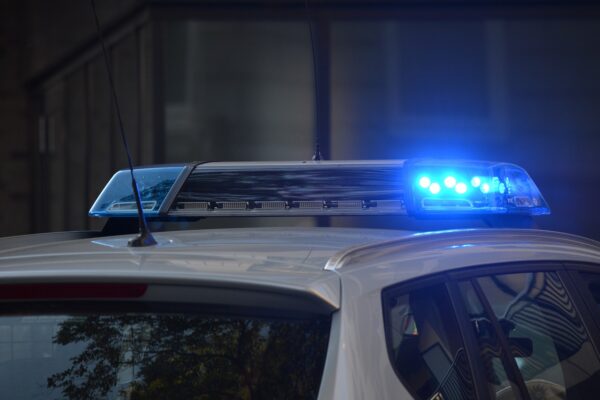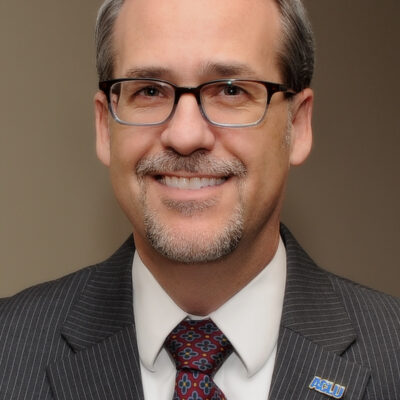On January 24, 2017, Chelline Carter pulled up to the CVS parking lot where her son had just been placed under arrest by Shannon Brasseux, a police officer with the Lafayette Police Department.
After cooperating with Officer Brasseux and helping him retrieve her son’s drivers’ license, Ms. Carter used her phone to take a picture of her son sitting in the black of the police cruiser.
That’s when things escalated, even though Ms. Carter was fully cooperating and not interfering with the arrest.
Officer Brasseaux forcibly took her phone from her hand, searched it, and deleted the photo – all without a warrant or her consent. He also threatened Ms. Carter with arrest.
This is unconstitutional – so we sued.
Taking photographs and video of things that are plainly visible in public spaces is a constitutional right—and that includes police and other government officials carrying out their duties.
Despite this, there continues to be a widespread, continuing pattern of law enforcement officers ordering people to stop taking photographs or video in public places and harassing, detaining, and arresting those who fail to comply.
That is why we’re pleased that the Lafayette Police Department has implemented training for officers on the First Amendment, including the right to photograph and film the police.
Ms. Carter had every right to photograph her son in the back of a police vehicle – and the First Amendment training Lafayette police officers are receiving is a credit to her courage and resolve.
The ACLU of Louisiana will continue to hold law enforcement officials accountable for respecting the rights of the public, including the right to film and photograph the police.


